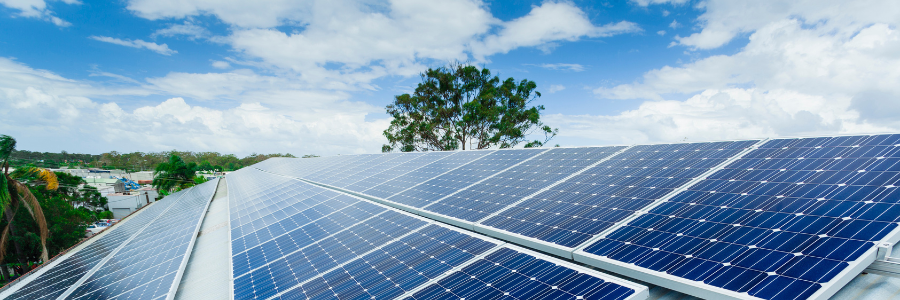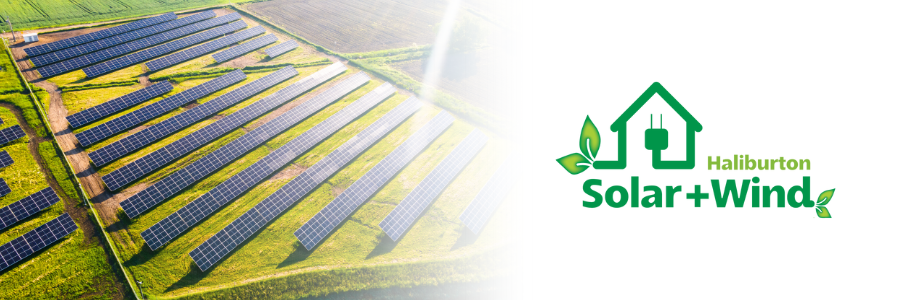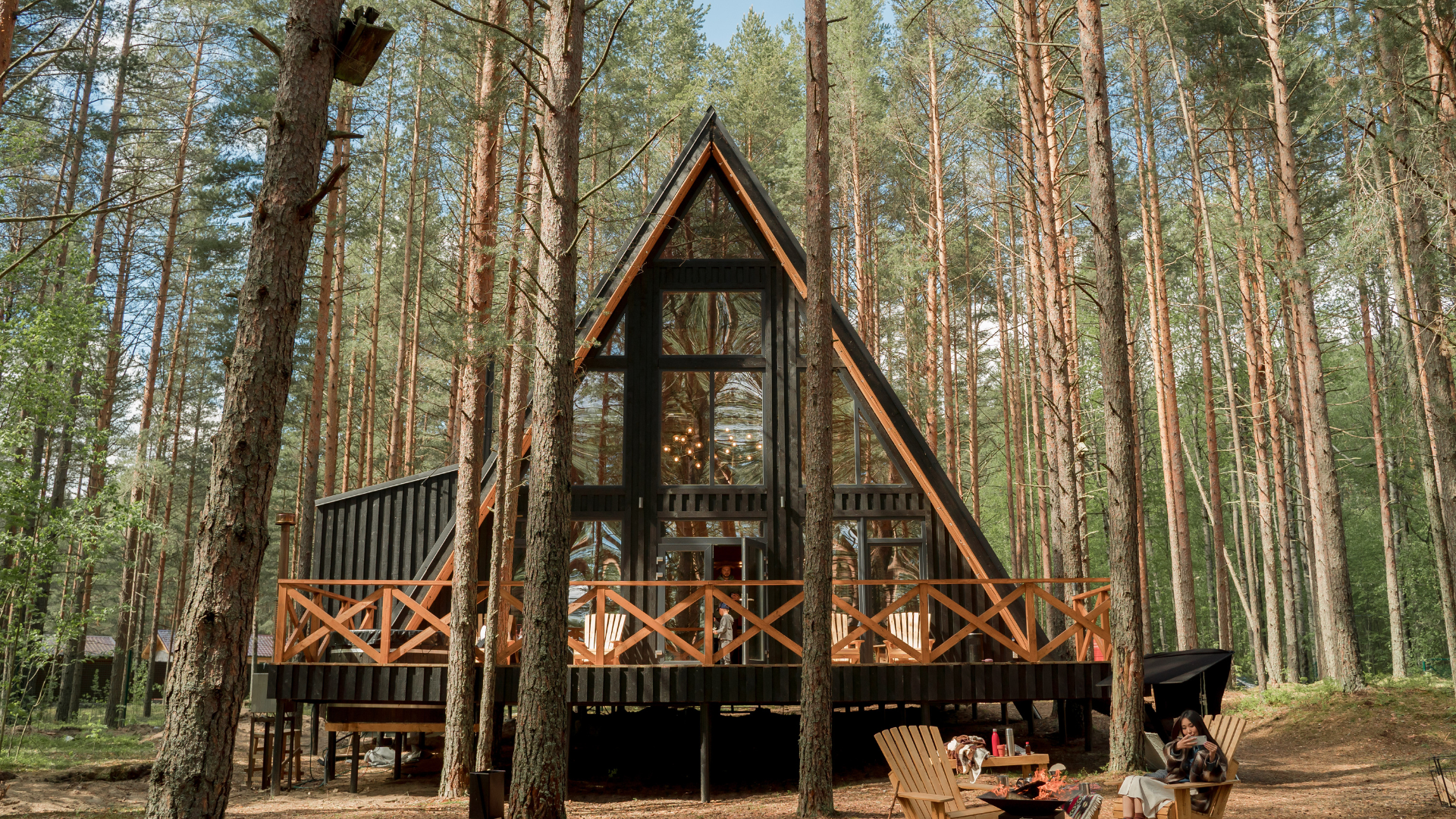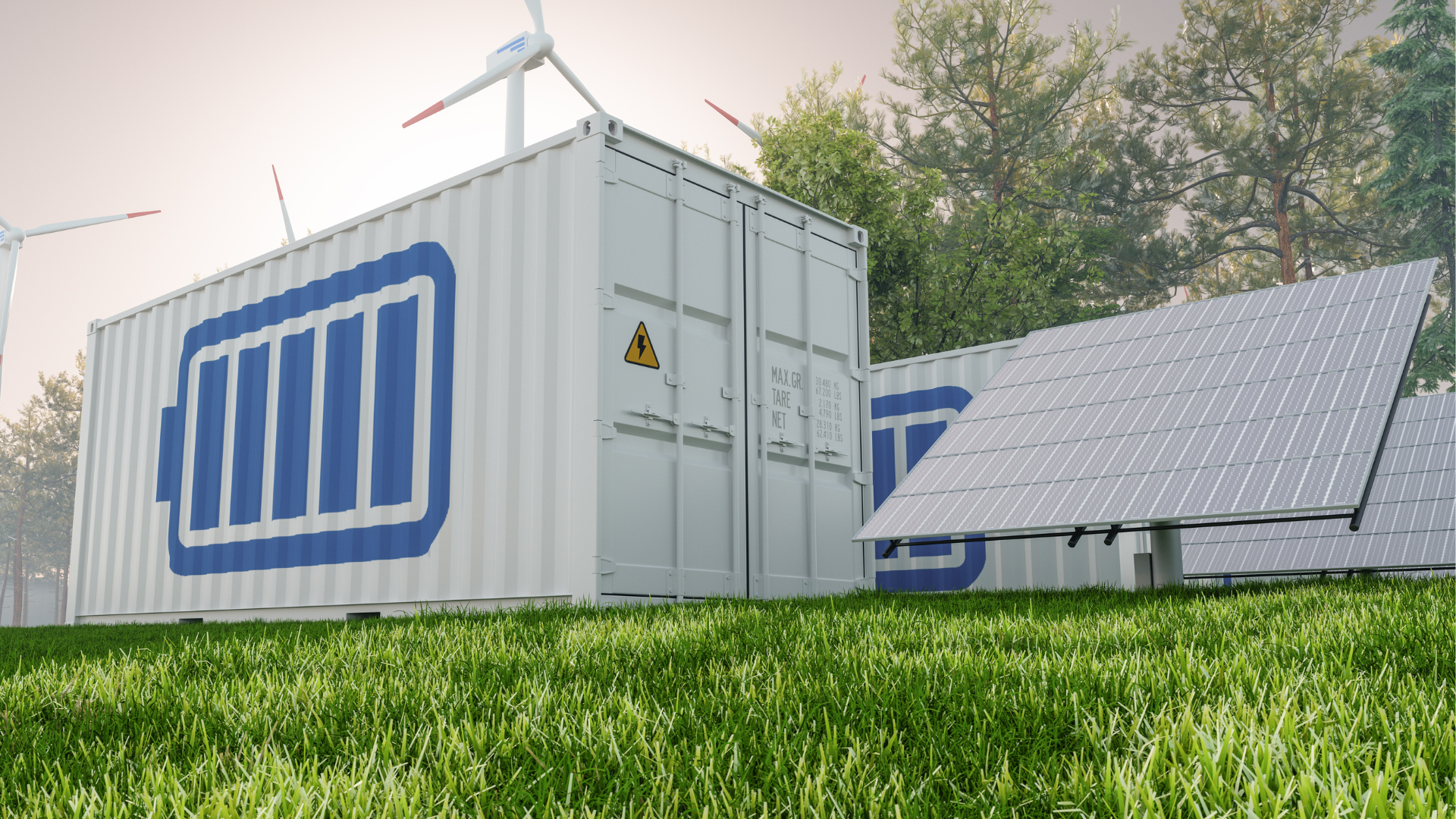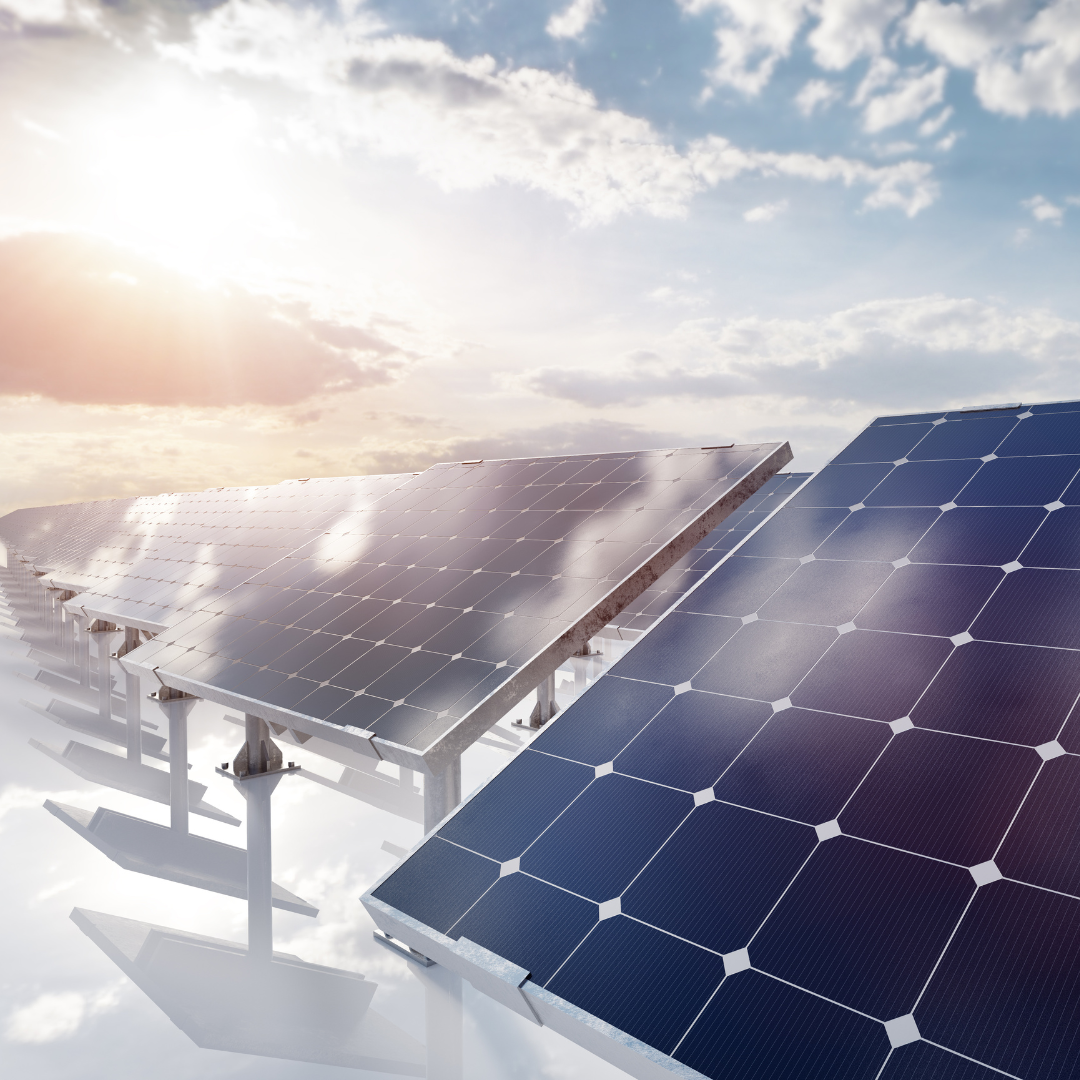Off Grid Heating - Ontario Renewable Energy
Off Grid Heating - Ontario Renewable Energy
As more people in Ontario choose to live off-grid, the demand for sustainable heating solutions is on the rise. Off-grid heating solutions powered by renewable energy sources can provide reliable and environmentally friendly heating for homes and cottages. In this blog post, we will explore the options available for off-grid heating in Ontario and the benefits of using renewable energy sources. We will also answer frequently asked questions to help readers gain a better understanding of off-grid heating solutions in Ontario. With the right off-grid heating system, Ontario residents can enjoy comfortable living spaces while reducing their carbon footprint and increasing their energy independence.
Renewable Energy Options:
The clean environmentally friendly options
Renewable energy options offer a sustainable and environmentally friendly alternative for off-grid heating in Ontario. These options can provide a reliable source of energy for heating, without relying on traditional fossil fuels.
Solar power
is a popular renewable energy option for off-grid heating in Ontario. It involves harnessing the energy from the sun through the use of solar panels, which convert sunlight into electricity.
Wind power
involves using wind turbines to generate electricity, while hydropower utilizes the energy from moving water to generate electricity. Geothermal energy involves harnessing the heat from the Earth's core through the use of geothermal pumps.
Each of these renewable energy options has its own unique advantages and disadvantages. Solar power and wind power are dependent on weather conditions, while hydro power is dependent on the availability of water sources. Geothermal energy requires specialized equipment and installation, but can provide a constant source of heat.
When choosing a renewable energy option for off-grid heating in Ontario, it is important to consider factors such as the availability of resources, the initial cost of installation, and long-term maintenance costs. It is also important to ensure that any installation adheres to local building codes and safety standards.
Ultimately, choosing a renewable energy option for off-grid heating in Ontario can provide a sustainable and reliable source of energy for heating, while minimizing the impact on the environment.
Off-Grid Heating Options in Ontario
Off-grid heating options in Ontario include wood stoves, pellet stoves, and propane or natural gas heating systems. Each of these options has its own advantages and disadvantages, and the best choice will depend on individual circumstances.
A. Wood Stoves:
Wood stoves are a popular off-grid heating option in Ontario due to their affordability and sustainability. They are easy to use and can provide heat for an extended period of time. Additionally, wood stoves can be used for cooking and baking.
B. Pellet Stoves:
Pellet stoves are an efficient off-grid heating option that utilizes compressed sawdust pellets as fuel. They are easy to use and maintain, and can be connected to a thermostat for precise temperature control.
C. Propane or Natural Gas Heating Systems:
Propane or natural gas heating systems are a convenient off-grid heating option in Ontario that require minimal maintenance. These systems can provide heat and hot water, and can be connected to a thermostat for precise temperature control.
Advantages of Off-Grid Heating Options in Ontario:
Off-grid heating options provide energy independence, lower energy bills, and reduced carbon emissions. They can also provide heat during power outages or in remote locations.
Disadvantages of Off-Grid Heating Options in Ontario:
Off-grid heating options may require more upfront costs for installation and maintenance. Additionally, some options may not be suitable for all homes or locations due to availability of fuel or environmental regulations.
Factors to Consider When Choosing Off-Grid Heating Options:
Factors to consider include the cost of installation and maintenance, availability of fuel, heating efficiency, and environmental impact.
Comparison of Different Off-Grid Heating Options:
Each off-grid heating option has its own advantages and disadvantages. Wood stoves are affordable and sustainable, pellet stoves are efficient and easy to maintain, and propane or natural gas heating systems are convenient and low-maintenance. The best choice will depend on individual circumstances and priorities.
A. Site assessment and design considerations:
Before installing an off-grid heating system, it is important to conduct a site assessment to determine the best location for the system. Design considerations should also be made to ensure the system is appropriately sized to meet the heating demands of the building.
B. Installation process:
The installation process for off-grid heating systems can vary depending on the type of system being installed. It is important to hire a qualified installer to ensure the system is installed safely and properly.
C. Maintenance considerations:
Regular maintenance is important to ensure the efficient and safe operation of off-grid heating systems. Maintenance considerations may include cleaning and inspection of the heating unit, as well as inspection and maintenance of any associated components such as chimney or flue systems. It is important to follow the manufacturer's recommended maintenance schedule and procedures, and to hire a qualified professional if any maintenance or repairs are needed.
A. Ontario Solar Rebate:
The Ontario government offers a solar rebate program for homeowners who install solar panels for off-grid heating. The rebate is calculated based on the size of the solar panel system and can cover up to 25% of the total cost of installation.
B. Net metering:
Some utilities in Ontario offer net metering programs that allow homeowners with off-grid heating systems to sell excess energy back to the grid. This can help offset the cost of the system and provide additional income.
C. Green Ontario Fund:
The Green Ontario Fund is a provincial program that offers incentives and rebates for homeowners who invest in energy-efficient upgrades for their homes, including off-grid heating systems. The program offers rebates of up to $20,000 for eligible projects, including solar and geothermal heating systems.
TAKE AWAY:
these incentives and financial support programs make it more affordable for homeowners in Ontario to switch to off-grid heating systems that use renewable energy sources, helping to reduce their carbon footprint and energy costs while increasing energy independence.
FAQ's with expert answers
In conclusion, this blog post has provided a comprehensive overview of off-grid heating options and renewable energy solutions available in Ontario. We discussed the advantages and disadvantages of different heating options and explained the benefits of renewable energy sources for off-grid heating. We also covered installation and maintenance considerations as well as financial incentives offered by the Ontario government. Our FAQ section provided expert answers to commonly asked questions about off-grid heating. We encourage readers to explore renewable energy options for off-grid heating and take advantage of the incentives available in Ontario. Off-grid heating is an excellent way to reduce your environmental impact and increase your energy independence while staying warm and comfortable in your home.
Contact Haliburton Solar & Wind
We help homeowners, municipalities, and DIYers in Haliburton Highlands and Ontario achieve energy independence. Contact us today for more information or a free estimate
P.O. Box 1479
1067A Garden Gate Drive
Haliburton, ON K0M 1S0
Tel: 705.455.2637
